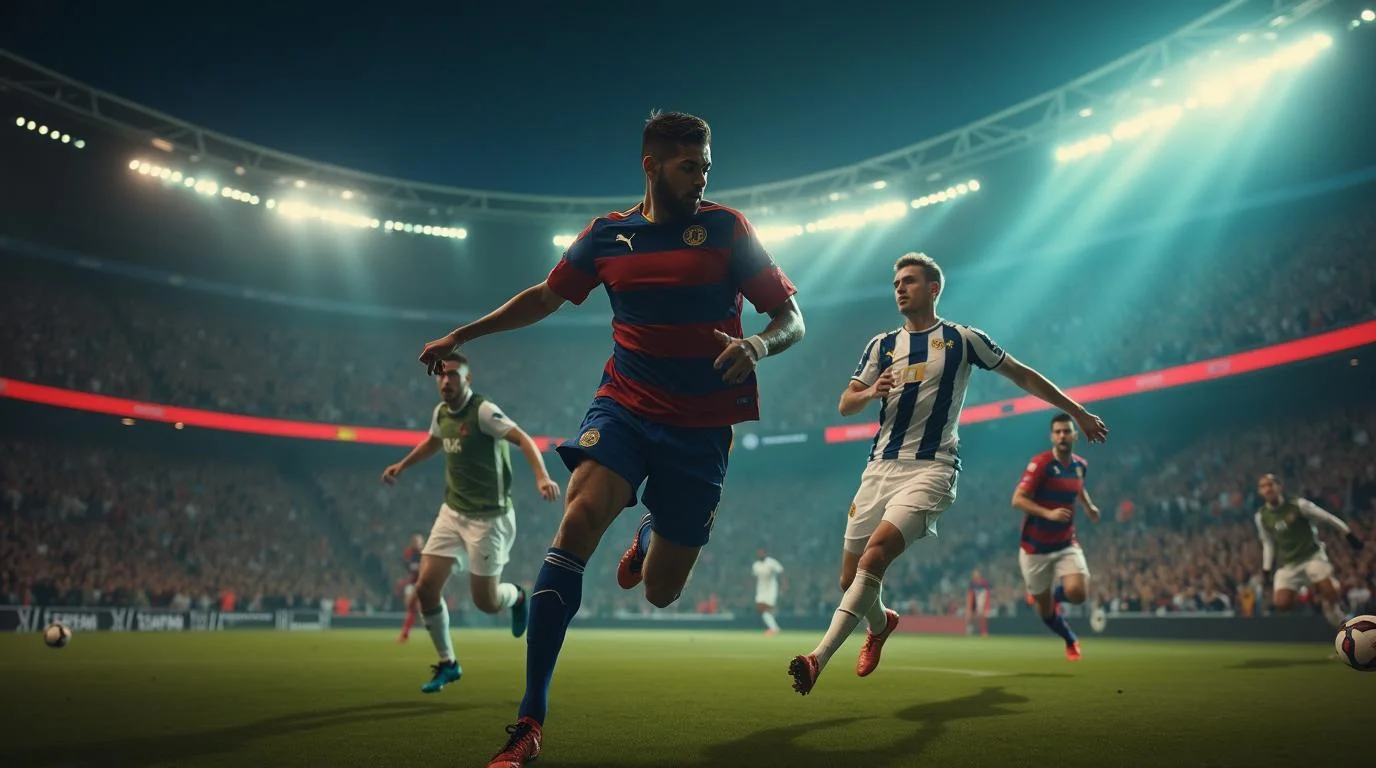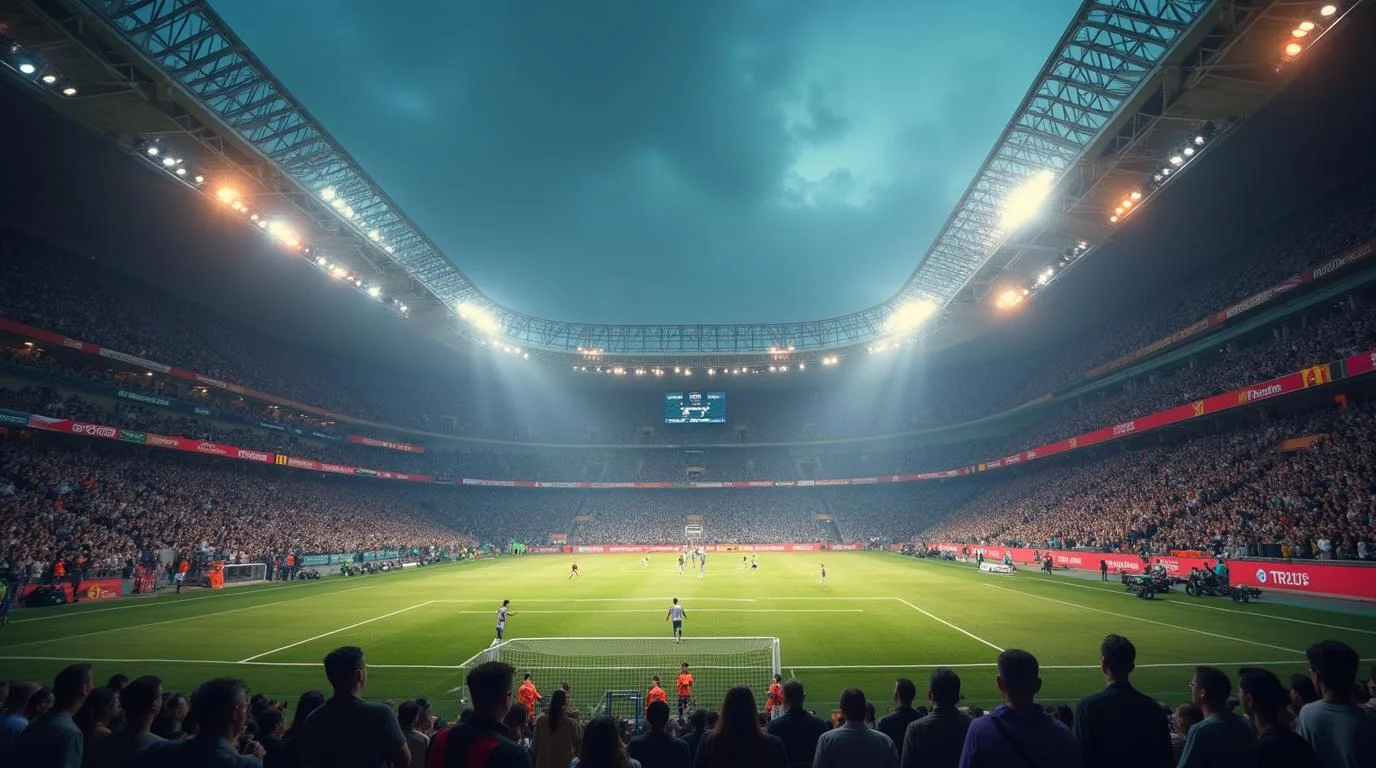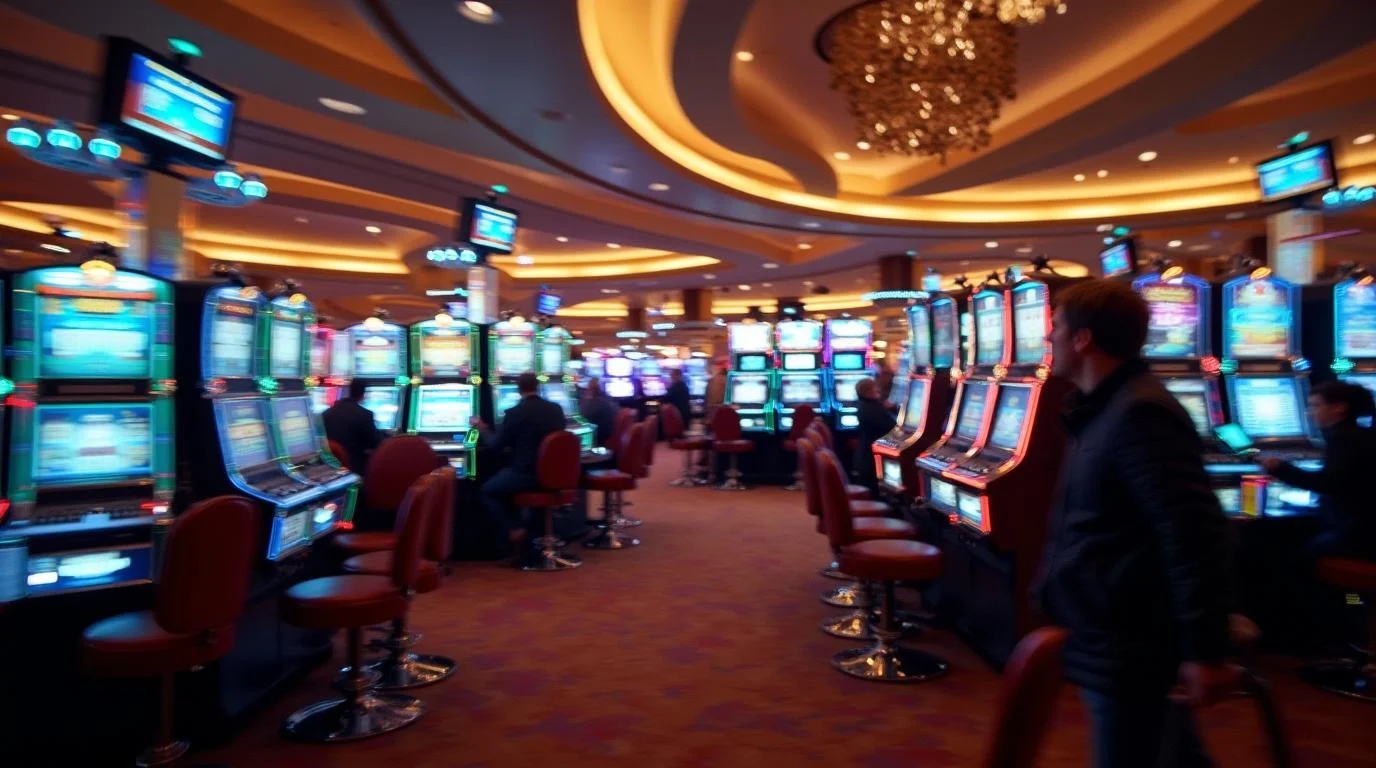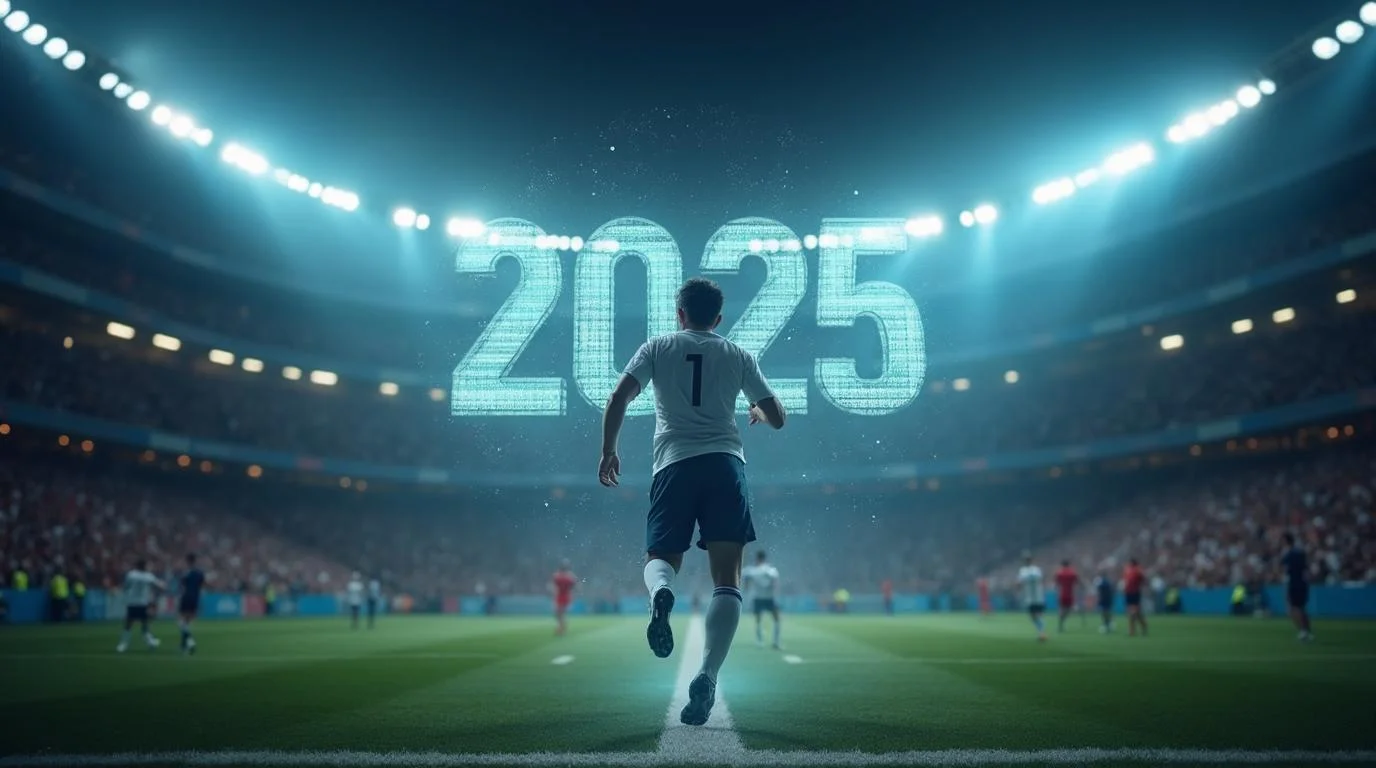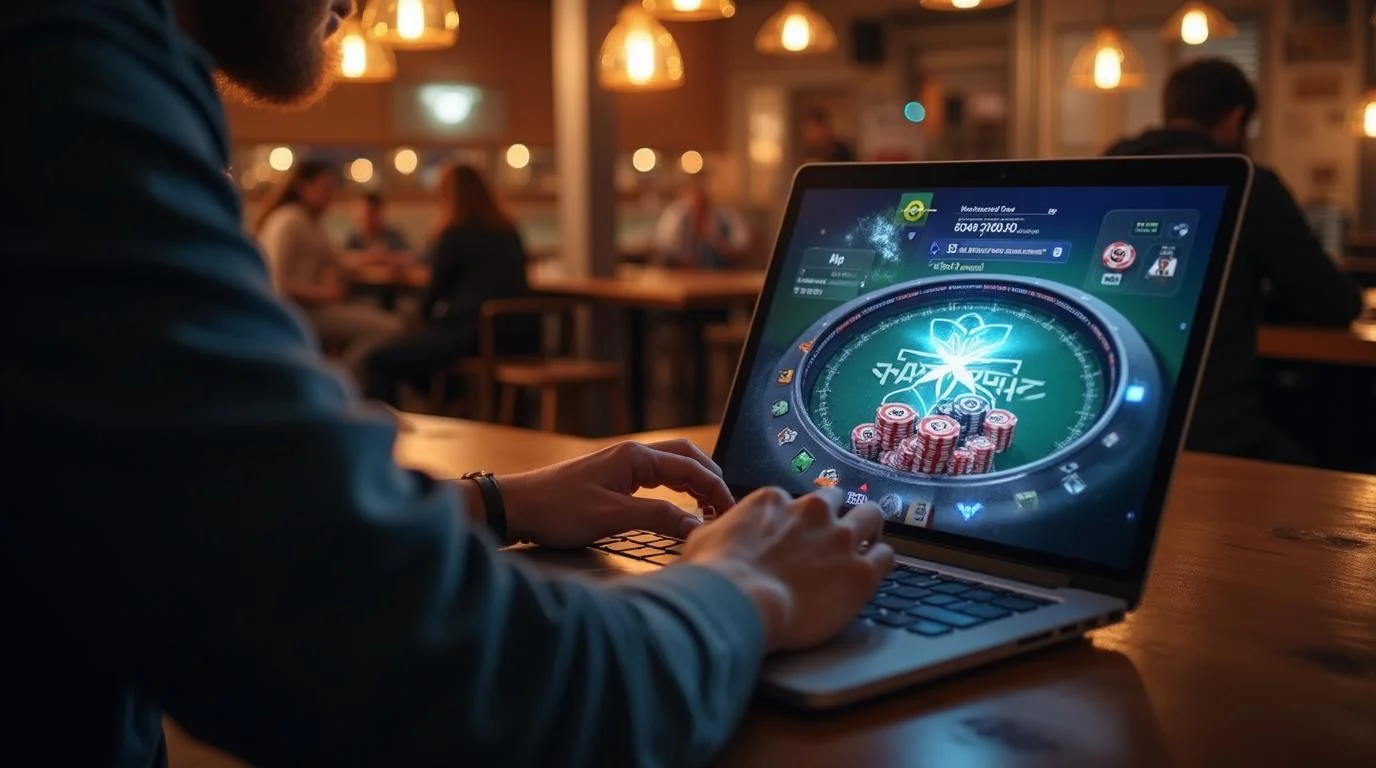Gambling Industry Leaders Demand Resolution in 1-800-GAMBLER Hotline Dispute

1.0
Default
The American Gaming Association and the Responsible Online Gaming Association have released a public statement calling for a swift resolution to the 1-800-GAMBLER dispute between the Council on Compulsive Gambling of New Jersey and the National Council on Problem Gambling. The dispute springs from the ownership and licensure of the hotline number - but the AGA and the ROGA, among others, have asked for a joint resolution between the NCPG and the CCGNJ for the hotline number so as not to disrupt its operations.
Two of the most influential organizations in the US gaming sector - the American Gaming Association and the Responsible Online Gaming Association - are urging for an immediate resolution to the legal standoff threatening the national gambling helpline, 1-800-GAMBLER.
In a joint statement, AGA and ROGA emphasized their shared concern over the ongoing dispute between the Council on Compulsive Gambling of New Jersey, which owns the hotline number, and the National Council on Problem Gambling, which licenses it for national use. The trade groups warned that any disruption to the hotline's operations could have severe consequences.
"Any disruption to the 1-800-GAMBLER operations - or worse, a degradation of the helpline's capacity to deliver timely, culturally competent, and clinically appropriate referrals - would significantly endanger the ability for individuals or friends and family members of individuals who may be experiencing problems to learn more and access care," the groups said. "A lapse in service risks causing widespread consumer confusion, undermining years of education and awareness efforts by operators, regulators, and advocates alike."
Temporary legal protections in place - for now
Currently, the hotline remains operational under a temporary restraining order declared by a court from New Jersey. This order was sought by the NCPG after a breakdown in negotiations with CCGNJ over renewing a licensing agreement.
Under the previous arrangement, NCPG paid CCGNJ $150,000 annually to license the number for national use. That original three-year contract expired in May. Although the NCPG attempted to exercise a three-year renewal clause, they were met with silence and an eventual impasse. Following failed attempts at arbitration, NCPG turned to the courts to prevent any service interruption, ensuring that 1-800-GAMBLER would continue to operate nationwide until a formal resolution is reached. A court date has been set for September 3, but CCGNJ has not yet publicly explained its decision not to renew the contract.
1-800-GAMBLER: A model of public-private collaboration
AGA and ROGA praised the longstanding collaboration behind 1-800-GAMBLER, calling it a national success story in public-private partnership. The hotline's expansion and impact have been made possible through joint efforts among gambling operators, regulators, and nonprofit organizations like the NCPG.
"1-800-GAMBLER stands as a hallmark of successful public-private partnership," the statement read. "The helpline's growing national reach is the result of years of collaboration. This cooperation ensures that regardless of jurisdiction, consumers can expect consistent, confidential support."
High-profile backers have also bolstered the hotline's presence. The National Football League, for example, has made multi-million dollar donations to help promote awareness of the resource across the country. The hotline has become an essential tool in fulfilling regulatory and corporate responsibility mandates, ensuring that individuals who struggle with gambling issues have immediate access to support.
Widespread recognition and growing importance
The latest research from the NCPG shows just how ingrained the 1-800-GAMBLER hotline has become in the public consciousness. According to the survey, one in three adults is aware of the number, and 80% of respondents were able to correctly infer that it serves as a resource for those facing gambling-related problems.
With legal gambling expanding rapidly across the US, industry stakeholders argue that preserving this awareness and functionality is critical. The hotline, they say, must remain a consistent and reliable tool for problem gambling prevention and intervention.











